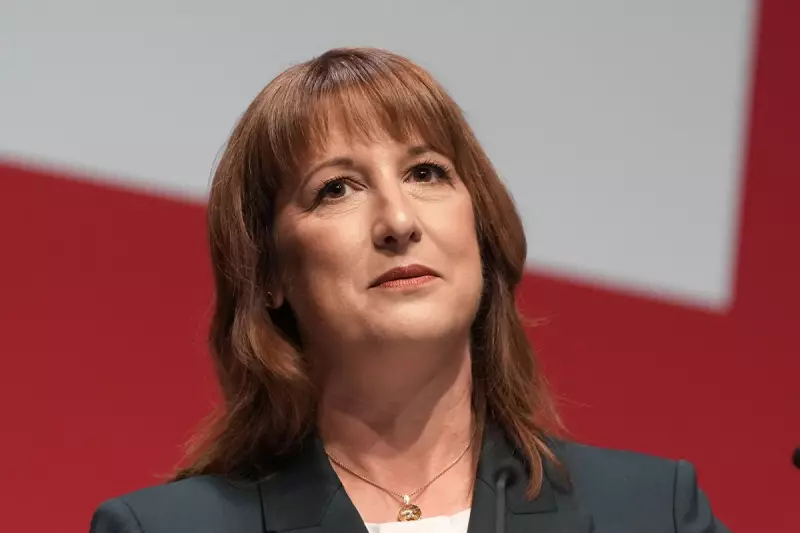
In a bold move that could reshape Britain's tax landscape, Shadow Chancellor Rachel Reeves has unveiled Labour's proposal for a new 'exit tax' targeting high-net-worth individuals seeking to leave the country. The controversial measure aims to prevent wealthy Britons from avoiding capital gains tax by relocating abroad.
Closing the Emigration Loophole
Speaking ahead of the upcoming budget, Reeves declared that a future Labour government would implement this significant tax reform to ensure the wealthiest contribute their fair share. The policy specifically targets individuals with substantial assets who currently exploit tax rules by moving their residency overseas before selling valuable investments.
'If you make your wealth in Britain, you should pay your taxes in Britain,' Reeves stated emphatically during her announcement. The shadow chancellor argued that the current system creates an unfair advantage for those with the means to relocate, while ordinary taxpayers bear the burden of maintaining public services.
Budget Battle Lines Drawn
The proposed exit tax forms part of Labour's broader economic strategy to increase revenue without raising taxes for middle and lower-income earners. Reeves positioned the measure as a matter of basic fairness, suggesting that the Conservative government has been too lenient on wealthy tax avoiders.
Industry experts anticipate fierce debate around the proposal, with some warning it could discourage investment, while others applaud it as a necessary step toward tax justice. The timing of this announcement, just before the government's budget presentation, signals Labour's intention to draw clear distinctions between their economic approach and the Conservatives'.
Funding Public Services
Reeves emphasized that revenues generated from the exit tax would be directed toward vital public services, including the NHS and education. This aligns with Labour's broader narrative of building a 'fairer Britain' where economic privilege doesn't translate to tax avoidance opportunities.
The shadow chancellor stopped short of revealing specific thresholds or rates for the proposed tax, indicating that detailed consultation would follow if Labour forms the next government. However, she made clear that the policy would only affect a small percentage of the wealthiest households.
As the political battle over Britain's economic future intensifies, this exit tax proposal establishes another key point of differentiation between the major parties heading into the next election cycle.





